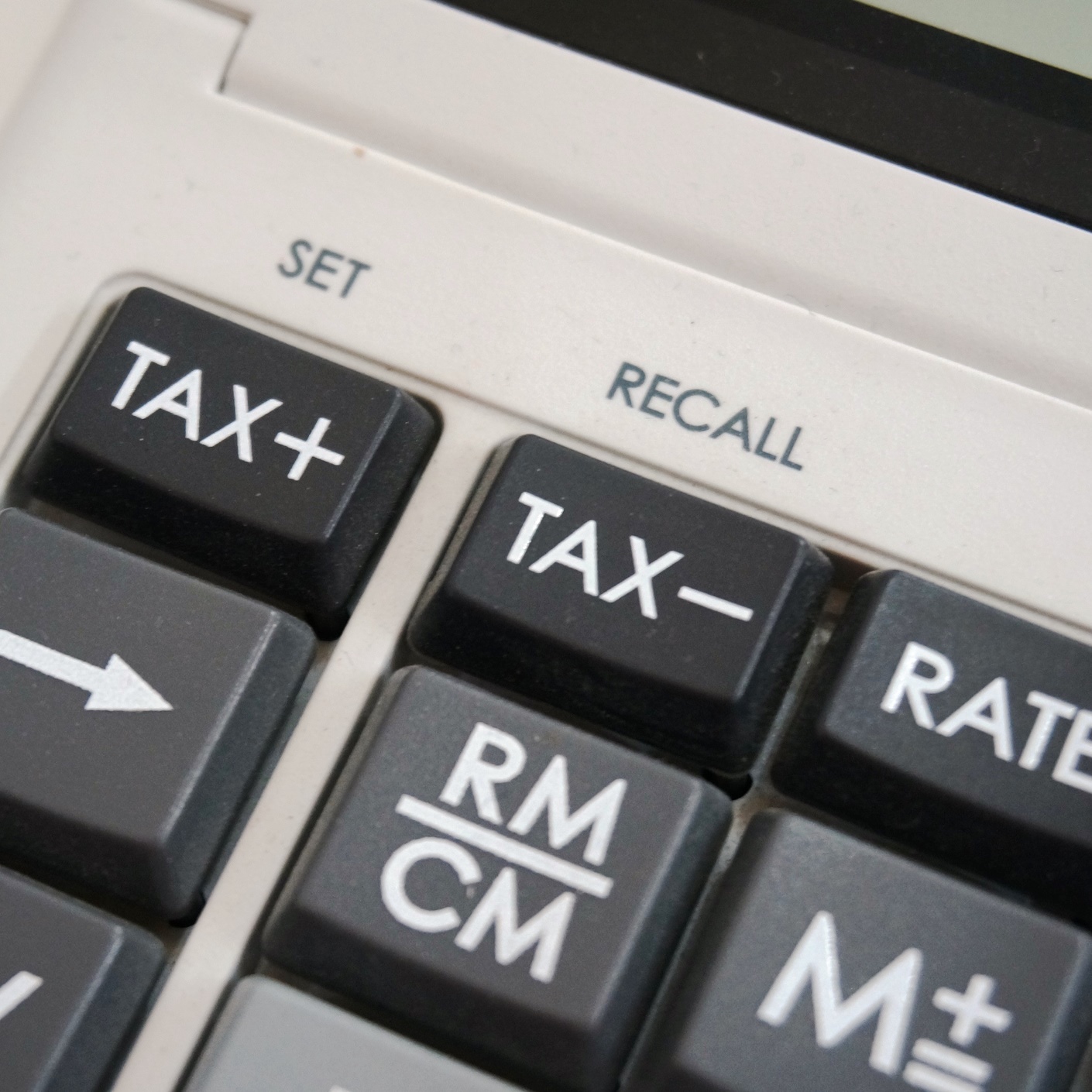
The Republican tax cut that was enacted in December is reaching Americans’ paychecks beginning this month. The result is that take-home pay is increasing and the fatter paychecks are raising confidence in the economy and support for President Trump.
Researchers at LendEDU sponsored an online poll of 1,000 adult (age 18 or over) American consumers who reported that their take-home paychecks have risen as a result of the tax plan. The poll was conducted on February 12 and 13. The new tax tables took effect on January 11, and U.S. employers were asked to begin using the new tax tables no later than February 15.
Overall, 70% of respondents to the survey were either “very happy” (44%) or “somewhat happy” (26%) with the tax cuts. Just over half (50.3%) said the tax cut has favorably changed their “sentiment about President Trump” while about 43% said it made no difference and about 6% said the cuts increased their unfavorable sentiment toward the president.
According to the survey, 64% of respondents were expecting an increase in take-home pay while nearly 20% did not. When asked to estimate the percentage increase and dollar amount, the average respondent reported a hike of 3.5% and an average dollar increase of $130.76 a month.
For some perspective, the real median U.S. household income rose from $57,230 in 2015 to $59,039 in 2016, according to the U.S. Census Bureau. Official data for last year is not yet available. The $1,800 annual increase between 2015 and 2016 works out to an increase of $150.75 a month or about 3.2% year over year.
The tax cut is supposed to encourage Americans to spend their windfall, stimulating the economy by creating more jobs and more growth. But more than a third of Americans who reported getting a raise (35.7%) plan to use the money to pay down debt. Just under 10% say they plan to spend the money on “life’s day-to-day luxuries” such as dining out, buying new clothes and purchasing products such as smartphones.
Of those who plan to pay down debt, just over 62% will be paying down credit card debt and nearly 26% will be paying off student loan debt. About 20% will use the money to pay mortgage debt, nearly 29% will pay down auto loan debt and about 22% will pay off personal loans.
More than half of respondents (55.3%) said they were more confident in their financial futures because of the tax cut while 36% said there was no change to their confidence level and less than 9% said they were less confident.
A full 60% said they believe the tax cut will “strengthen the economy” while 17% said it would not and 22% said they were unsure.
Visit the LendEDU website for more information and details.
Want to Retire Early? Start Here (Sponsor)
Want retirement to come a few years earlier than you’d planned? Or are you ready to retire now, but want an extra set of eyes on your finances?
Now you can speak with up to 3 financial experts in your area for FREE. By simply clicking here you can begin to match with financial professionals who can help you build your plan to retire early. And the best part? The first conversation with them is free.
Click here to match with up to 3 financial pros who would be excited to help you make financial decisions.
Thank you for reading! Have some feedback for us?
Contact the 24/7 Wall St. editorial team.
 24/7 Wall St.
24/7 Wall St.

